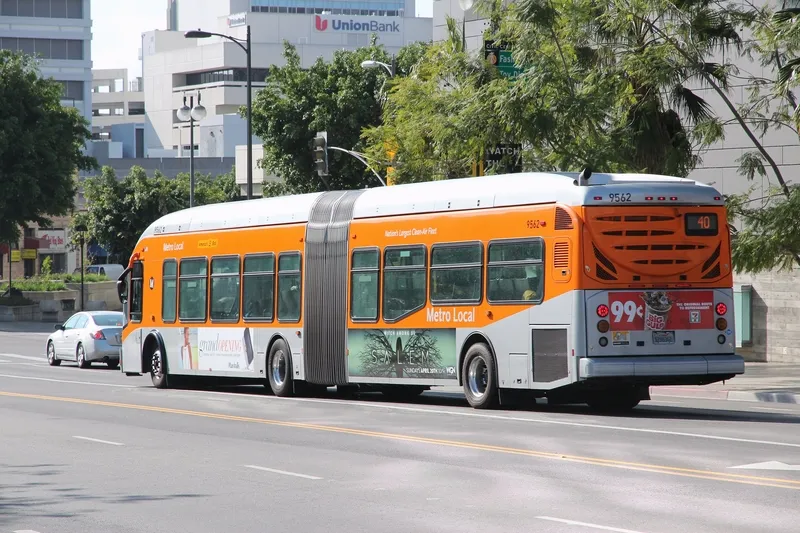US public policy think tank the Reason Foundation has unveiled a detailed long-range transportation plan to reduce the traffic congestion that has plagued southern California for decades.
The Reason Foundation plan would decrease southern California’s infamous gridlock by creating a connected network of variably priced toll lanes on all of the region’s major highways and expressways, building six mega-projects to fill in major missing links in the freeway system, creating more than 500 new tolled over- and under-passes at bottlenecked interchanges, expanding the routes and increasing the frequency of bus rapid transit and express bus service, and implementing a series of technological advances to improve accident clearing and stoplight synchronicity.
Traffic modelling forecasts show that toll revenues, not taxpayers, would fund $362 billion of the construction costs, over half of the total price tag. The remaining amount would be paid for through existing transportation funding streams.
Additionally, the area’s carpool lanes would be converted to toll lanes, creating a sustainable revenue stream for maintenance.
“Drivers in Southern California experience an astonishing 80 hours of delay each year due to traffic congestion in the region — that is two work-weeks of lost productivity per person,” said former US Secretary of Transportation Mary Peters.
“The Reason Foundation report offers solid solutions to these challenges that do not require tax increases and would improve mobility options for all users in the region. I commend the innovative solutions proposed in it.”
“Southern California is facing crucial transportation decisions,” said Baruch Feigenbaum, author of Reason Foundation’s Southern California Mobility Plan. “The region’s current long-range mobility plans admit that traffic congestion will only get worse, even after taxpayers spend over $600 billion on transportation. By focusing on reducing congestion and replacing expensive, ineffective rail proposals with cost-effective buses, Reason’s plan improves mobility for drivers and transit users. And it does so without tax increases.”
Reason Foundation makes a case for more toll lanes in southern California
S public policy think tank the Reason Foundation has unveiled a detailed long-range transportation plan to reduce the traffic congestion that has plagued southern California for decades. The Reason Foundation plan would decrease southern California’s infamous gridlock by creating a connected network of variably priced toll lanes on all of the region’s major highways and expressways
November 24, 2015
Read time: 2 mins







